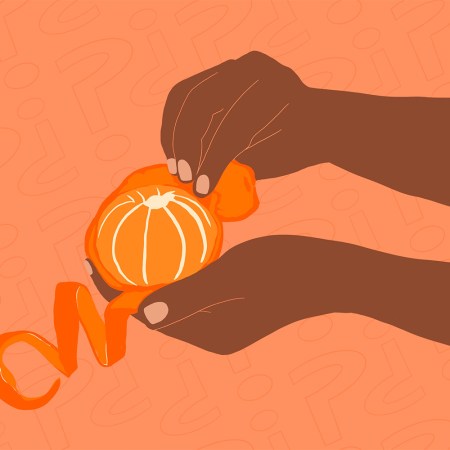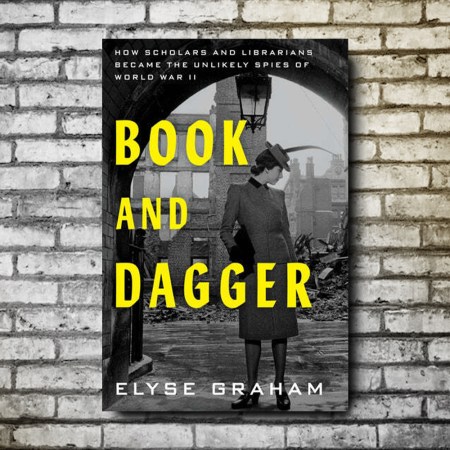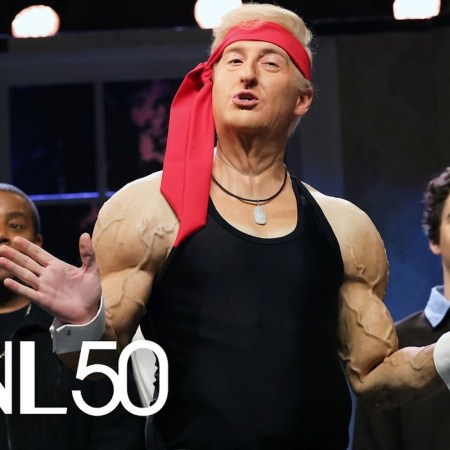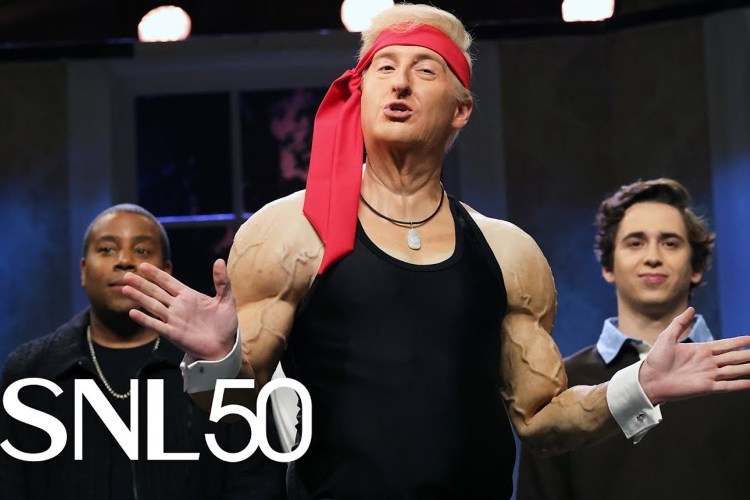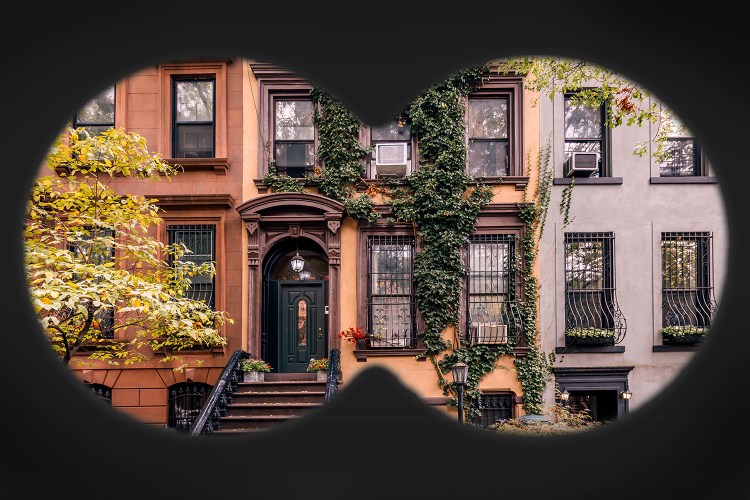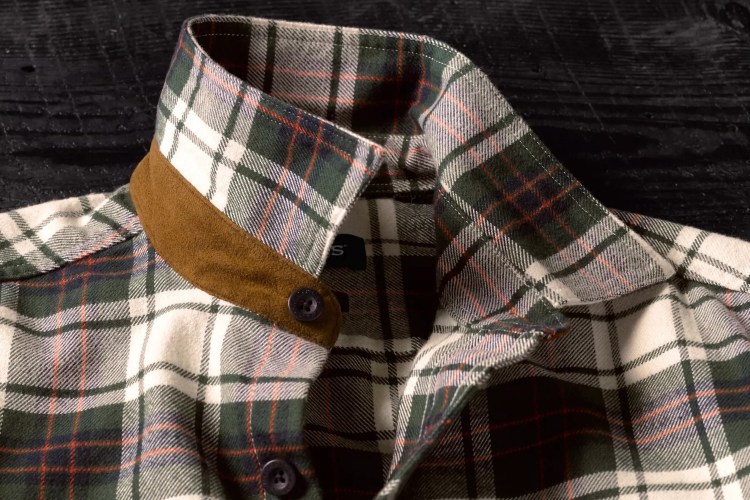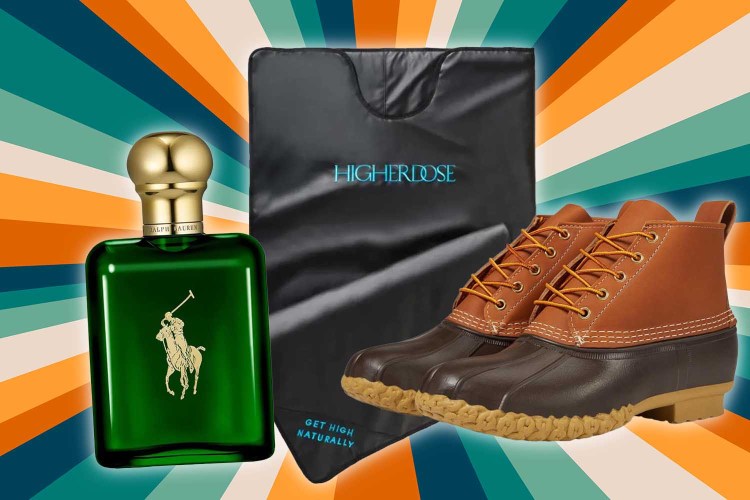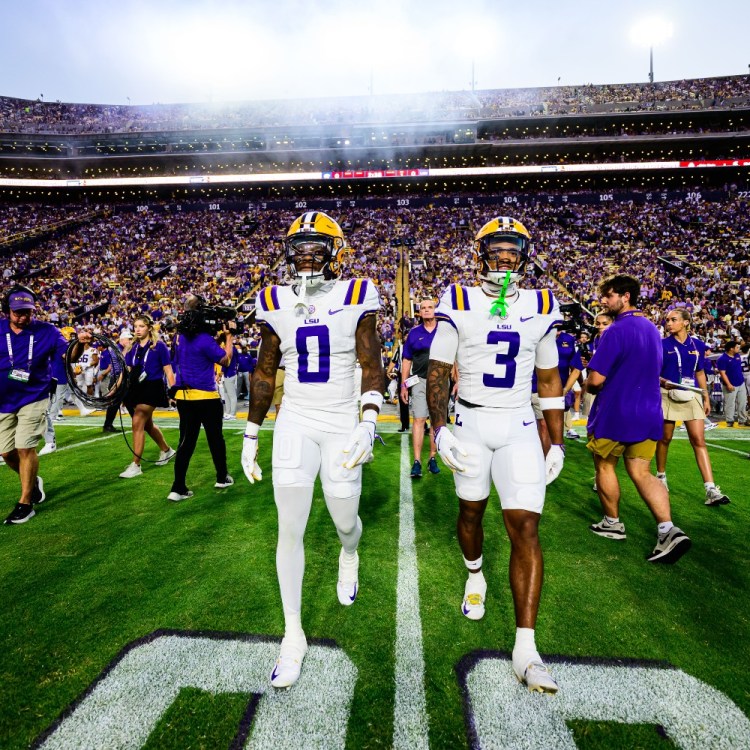On a late January night in 1976, a young man with big hair and little shorts was searching for the perfect prescription to help him take home the crown at the first-ever slam dunk contest. Julius “Dr. J” Erving found it in the form of five first-class slams, the most potent among them being a soaring free-throw-line throwdown that started underneath the opposing basket.
For capturing the title over the likes of David Thompson, Artis Gilmore, George Gervin and Larry Kenon, Erving was awarded the heartiest cut from the modest $1,200 prize pool the ABA had allotted for the friendly competition. Some things — like the dunk contest, the ABA and Erving’s afro — have changed since that night. But Dr. J, the only player to win MVP in both the ABA and NBA, being a winner ain’t one of ‘em.
He took the time to speak with us ahead of All Star Weekend about basketball, competitiveness and life.
InsideHook: How did you prep for that first dunk contest?
Dr. J: I used to do a lot of clinics with young people to teach them how to play basketball. Most of it was comprised of teaching fundamentals, but I would always wrap up with a slam-dunk demonstration. I’d do a variety of dunks, but the last one I would do would be dunking from the foul line. When I started getting invited to competitions, I already had a repertoire built up.
IH: Yeah, that foul line dunk. Michael Jordan was pretty famous for one of those …
DJ: Yeah, [in 1988] Michael was competing with Dominique Wilkins and I was sitting in the first or second row next to Mike Tyson. Michael came over with kind of a blank look because I think ‘Nique was beating him and I suggested he go back to halfcourt and do the one from the foul line. He took the suggestion and it got him over the hump. He’s credited me for inspiring him.
IH: Iconic moments like that are less frequent now. Was the contest better back then?
DJ: Anything with stars is always going to be a greater attraction, more newsworthy and people will remember it for a longer period of time. That being said, the dunk contest can create stars and give people a glimpse of the future. Everybody loves to see a rising star who establishes their place and then keeps it. That’s the challenge. Holding on to star status once you have it.
IH: Seems people are earning that status in different ways at All Star Weekend nowadays.
DJ: The three-point contest seems to have supplanted the dunk contest as the big feature on All Star Saturday. You have to credit the players because they’re shooting those three-pointers like they are free throws. I know from personal experience, you gotta launch the ball from out there. I think that’s the evolution of the sport. They’re bigger, stronger and more capable of doing that.
IH: Do you feel like your younger self could go out there and compete in today’s NBA?
DJ: I try not to spend too much time thinking about that. One of my mentors was Bill Russell and I made the mistake of asking him, only on one occasion because I would never do it twice, how he would have fared against Kareem Abdul-Jabbar. He politely responded: “You’ve got that question backwards don’t you?” So I guess you’ve got that question backwards too. It doesn’t matter how I would do against them — it’s how would they do against me.
IH: You didn’t face Russell but you played against lots of guys. Who did you most like competing against?
DJ: Two really tough matchups were always Bernard King and Adrian Dantley. With those guys I had to learn how to hate them in order to fare better against them. They weren’t the only two guys on the list of players I hated, but I have no animosity towards them today. It was just a thing you had to do to play well. You had to dislike a person even if you didn’t know them.
IH: Players definitely do seem to be friendlier now than they were when you were playing.
DJ: Well, very few have gone to the extreme of Magic Johnson and Isiah Thomas with the kisses before the jump ball. You don’t see that anymore. You know they line up and shake hands at the end of the game in high school, college and in the pros now. It’s a sign of respect. Reverence.
IH: Looking back now, what do you miss and not miss about being in the NBA?
DJ: It’s been 30 years and I can’t think of one thing that I really miss about my professional career. If I had to name one thing, it’d be the camaraderie with the guys who I got along with.
IH: You don’t even miss the short shorts?
DJ: Um … everybody had them, so nobody looked different.
IH: How about rumors of playing basketball with President Obama. Did that happen?
DJ: No. I went with my family to visit with President Obama in December and we had a great day at the White House. We met with him for about 45 minutes or so. He rolled up his sleeves, but we never got out on the court. It was more of a suit and tie deal. He was scared.
IH: If you had played, who would have won in the trash-talking department?
DJ: I can’t keep up with him there. He’s too smart. And he’s too smart to even let that happen.
IH: If you were asked to visit the White House as a player now, would you go?
DJ: Why do you ask? Are the Patriots going? I think that would likely be a game-time decision.
IH: Fair enough. How do you think Adam Silver has been doing as NBA Commissioner?
DJ: Adam’s been doing a great job. The challenges that were put in front of him early on, he handled magnificently. He was clearly the right guy for the job. He’s got a different feel than David Stern had. It was time for a change. Adam has kept things together and moving forward.
IH: The NBA isn’t shy about making changes, at least compared to other pro leagues.
DJ: That’s they way it’s always been in that league on almost all issues. I think the exposure and visibility of players compared to baseball, football and hockey — no helmets, no pads — is big. Baseball might be America’s pastime, but basketball is America’s game.
IH: Social media makes them even more visible. Would you have used it as a player?
DJ: Absolutely. There was always a price to pay for not keeping personal things private, so that would take some getting used to. Today, so much that used to be private is public, and with that exposure comes opportunities. You’ve seen a huge uptick in the economics associated with sports … They’re playing the same game but getting paid a lot more.
IH: Do you think it’s going to be Cleveland against Golden State in the Finals again?
DJ: Other teams have the opportunity to creep in there. Toronto was close with Cleveland last year. Houston seems to have righted the ship. San Antonio is always San Antonio. I don’t think it’s a given that it’s going to be the Cavs and the Warriors. It’s a long journey to reach the end of the season and a longer one to get to the Finals. Smart money should stay in your pocket now.
IH: You did so much on the court. What is your biggest accomplishment off of it?
DJ: Other than my family situation with four sons and three daughters, I look at my involvement with Cord Blood Bank. We’ve helped with transfusions that have aided people in their quality of life and maybe even saved some lives that otherwise would have been lost. Also the work I’ve done with Salvation Army as my lifelong charity. That’s ongoing. They’ll always be a need there.
IH: Given everything you’ve done, have any advice for the rest of us?
DJ: I think the order for me has been taking on — and listening to — mentors, and then one day finding myself being one. Seek out good mentors and listen to what they have to say, because it’s probably something you’ll be repeating down the road for others who are looking at you.
For more on the good Doctor, check out The Autobiography of Dr. J or head to his website.
Whether you’re looking to get into shape, or just get out of a funk, The Charge has got you covered. Sign up for our new wellness newsletter today.

